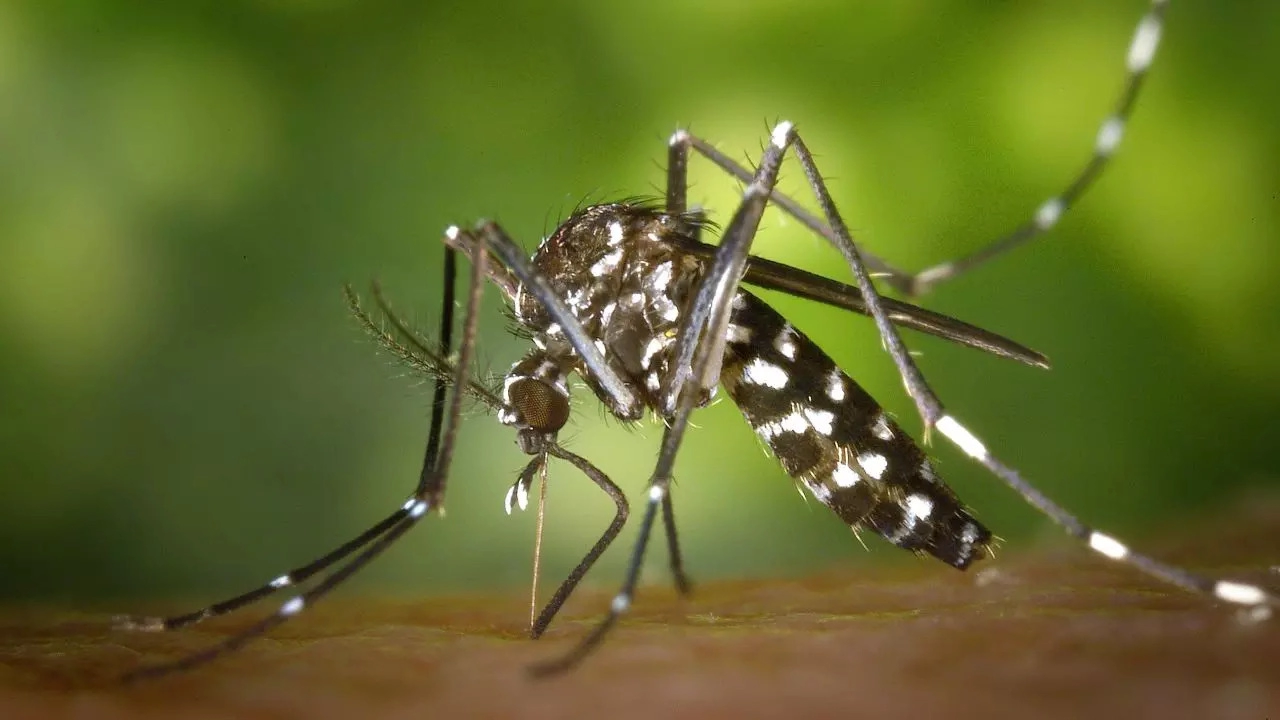Debosmita Ghosh • 05 Oct 2024
Increase In Dengue, Swine Flu, Chikungunya Cases In Delhi, Say Doctors; Tips To Keep Yourself Protected From These Diseases

Increase In Dengue, Chikungunya Cases In Delhi
There has been a recent spike in the number of dengue, swine flu and chikungunya cases in Delhi, said doctors. The Municipal Corporation of Delhi (MCD) report said that the region reported 401 new infections between September 22 to 28. Delhi recorded 1,052 dengue cases till September 28, as per the report, with the South Delhi zone recording the highest number of cases, followed by the Najafgarh zone.
Speaking to IANS, Dr Sharang Sachdeva, Senior Consultant, and Head of Emergency at Aakash Healthcare said, “Dengue and swine flu cases have been steadily rising over the past few weeks. Presently, we are witnessing around 100 patients daily presenting with symptoms such as fever, body aches, and fatigue.”
He added, “Of these, 20-25 per cent are diagnosed with dengue, while 10-15 per cent are diagnosed with swine flu, indicating a concerning overlap of multiple infections during this period.”
One dengue-related death has been reported this year so far with a 54-year-old patient succumbing to the disease at Lok Kalyan Hospital.
Dr Harshal R Salve, Additional professor, Centre for Community Medicine at AIIMS, New Delhi told IANS, “The season is favourable for breeding of mosquitoes hence there might be few spikes in vector-borne diseases such as dengue and chikungunya.”
Meanwhile, the MCD data also shows a marked increase in both malaria (67) and chikungunya (13) cases in the September 22-28 period. About 430 malaria cases have been recorded until September 28 this year, compared to 321 cases during the same period in 2023. Chikungunya cases have also risen, with 55 cases reported this year in the same period, up from 24 in the corresponding period last year.
Due to the similarity in symptoms, it becomes difficult to diagnose these diseases. Dr Sachdeva said, “However, as dengue progresses, distinct signs begin to emerge, including severe headaches, pain behind the eyes, joint and muscle pain, and rashes. In more severe cases of dengue, bleeding from the nose, gums, or easy bruising may occur.”
Tips To Prevent Dengue and Chikungunya
Eliminate stagnant water
Mosquitoes, especially Aedes species, breed in stagnant water. Regularly empty containers like flowerpots, tyres and buckets.
Use mosquito nets
When sleeping, especially in areas where mosquito activity is high, use bed nets treated with insecticides. This is effective for infants and young children.
Install window and door screens
Keep mosquitoes out by using fine-mesh screens on windows and doors. Repair any holes or gaps.
Wear protective clothing
Long sleeves, pants and socks help to reduce skin exposure to mosquitoes, especially during peak mosquito activity hours (early morning and evening).
Apply insect repellent
Use EPA-approved repellents containing DEET, picaridin or oil of lemon eucalyptus. Apply on exposed skin and clothing for prolonged protection.
Use mosquito coils or vaporizing mats
When you’re indoors, use these to deter mosquitoes. Ensure proper ventilation to prevent inhalation risks.
Natural predators
Fish like guppies or larvivorous species can be introduced in stagnant water sources to reduce mosquito larvae.
Cleanliness
Take part in community efforts to clean public areas and drain potential breeding grounds like open drains and littered containers.
(With inputs from IANS)
Get Latest News Live on Times Now along with Breaking News and Top Headlines from Health and around the world.